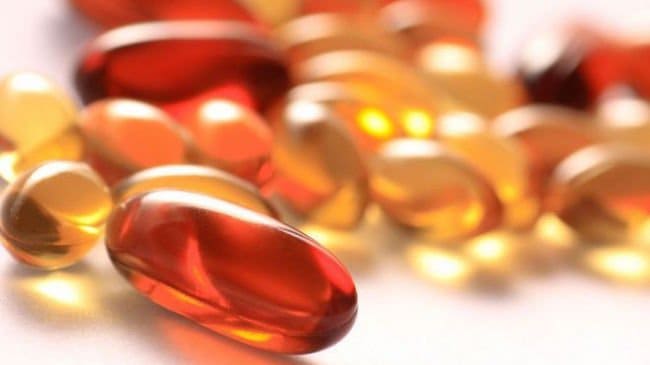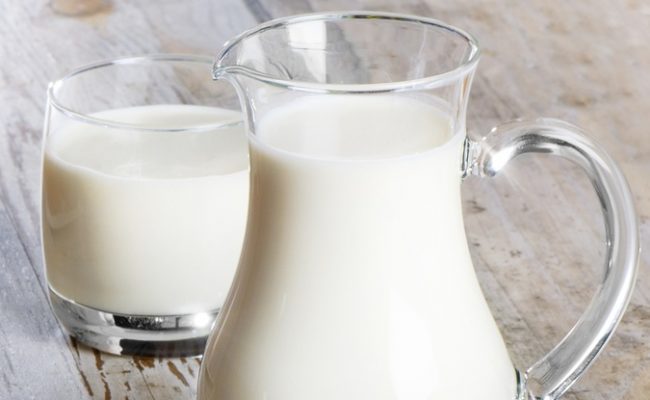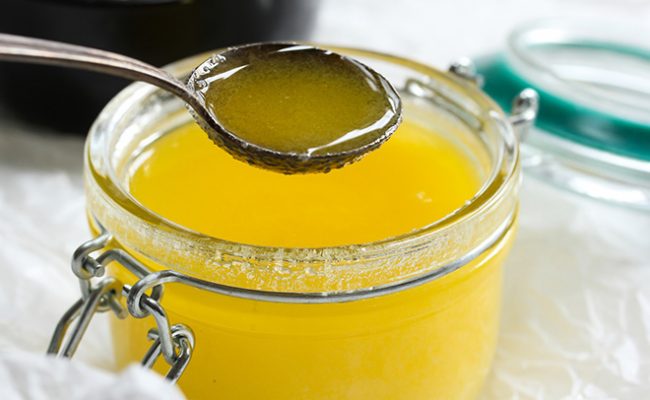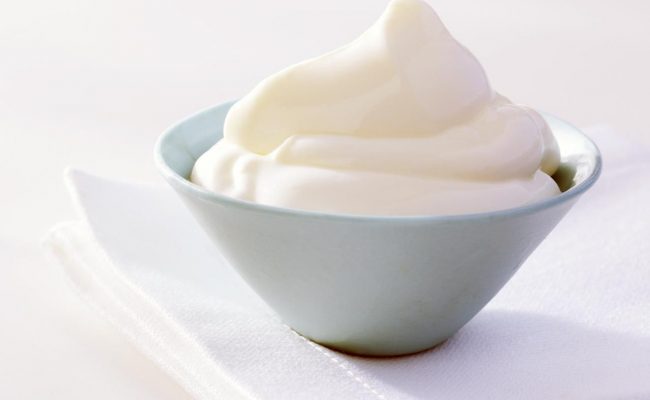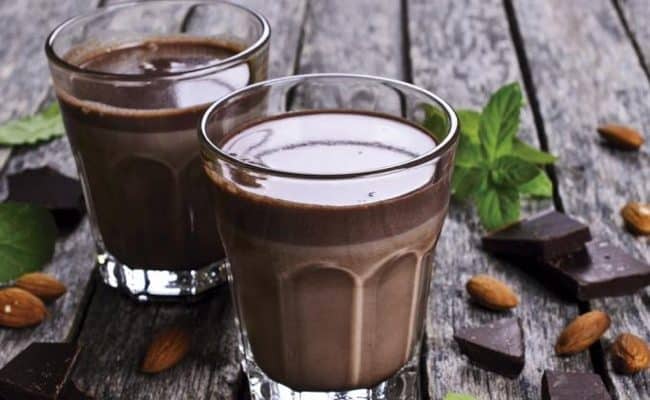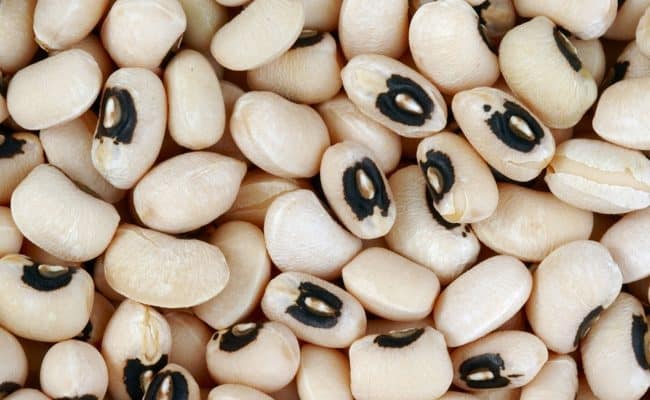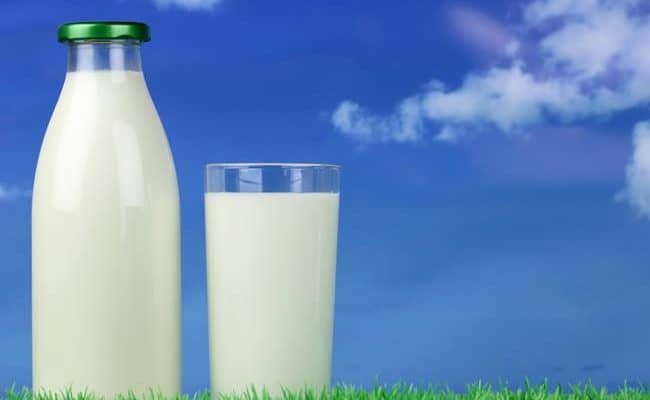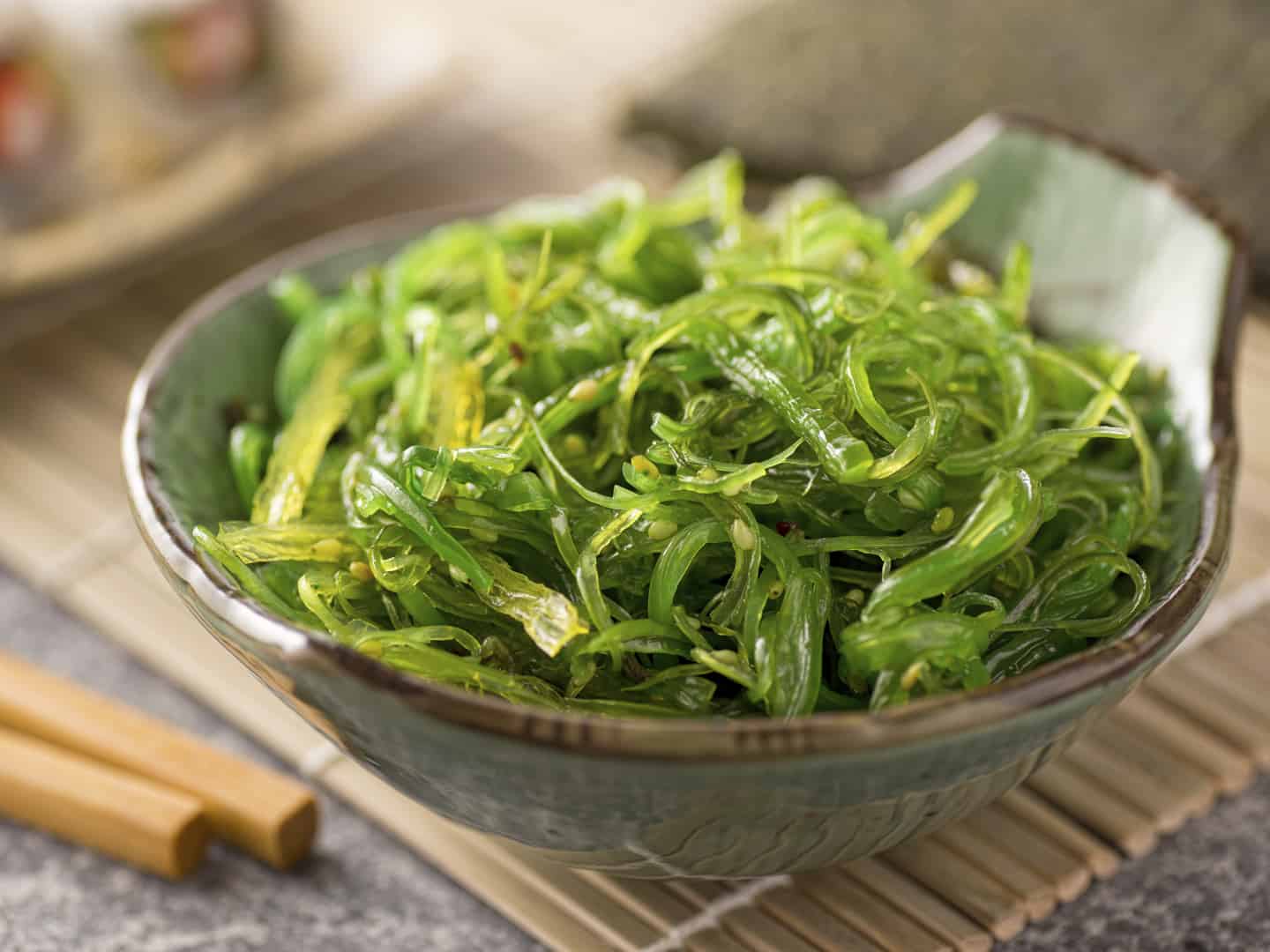
Carageenan is a substance made from seaweed or algae. The seaweed or algae is boiled down and processed to make the fine white powder of carageenan. This seaweed derivative can be found in many foods such as: ice cream, dairy alternative milks, pudding, yogurt, processed meats or whipped toppings. It may be put into some supplements as well.
Why would a seaweed derivative go into all these food items?
Carrageenan is added to foods and beverages as a thickener and to improve texture.
One of the most common foods to have carrageenan is dairy milk alternatives like soy or almond milk.
The sales of non-dairy milks have more than doubled from 2009-2015 (1).
With this increased consumption of carrageenan and studies suspecting carrageenan of causing inflammation to the digestive tract, there has been public push back for removing carrageenan from foods.
However, the question of avoiding carrageenan is not so simple.
Some health experts suggest the carrageenan used in these animal studies is not the same kind of carrageenan used for human consumption.
Foods that have carrageenan
Non-dairy milks, creamers, protein drinks, ice cream, puddings, etc. are all common foods that can have carrageenan as an ingredient.
However, according to a December 2016 NPR article (2), the National Organic Standards Board voted to ban carrageenan from organic foods.
Therefore, organic foods will not be allowed to have carrageenan as an ingredient.
Some foods and beverages are starting to advertise if they are carrageenan free, as more consumers are aware of the controversy around using carrageenan as an ingredient.
Other thickeners can be used in place of carrageenan like locust bean gum and xanthan gum.
Different types of carrageenan
Most discussion around carrageenan doesn’t distinguish between the two types of carrageenan available.
However, there are some major differences between the two. The two types are undegraded and degraded carrageenan.
Undegraded carrageenan is approved for human consumption, but degraded carrageenan is not (3).
Degraded carrageenan is considered harmful for health, and most studies linking carrageenan to negative health outcomes use degraded carrageenan.
Degraded carrageenan is considered a carcinogen, but undegraded carrageenan (approved for human consumption) has not been shown to be a direct carcinogen from animal studies (4).
Animal research studies
A 2001 review (5) of animal studies looking at carrageenan, occurrence of ulcers in the colon and gastrointestinal cancer growth has fueled most of the safety concern for carrageenan.
Researcher JK Tobacman found exposure to undegraded and degraded carrageenan was associated with ulcer and cancer growth in the digestive tract.
However, Chris Kresser (6) suggests the results from this review showed undegraded carrageenan were only shown to accelerate cancer growth when administered with a known carcinogen not causing cancer itself.
Degraded carrageenan can cause ulcers and inflammation of the digestive tract in very small doses.
Some animal studies have found a link between undegraded carrageenan and risk for digestive tract damage.
However, these results are mixed and species dependent. Therefore, extrapolating these results using undegraded carrageenan to human health is difficult.
Some animal studies administer the carrageenan in the animal’s water not in food.
When carrageenan is consumed with other proteins and food substances, it can have a different effect than consuming it by itself.
Human consumption of carrageenan isn’t by itself from water; it is as part of a food.
Human research
Studies looking at the effect of consuming carrageenan in humans aren’t allowed for ethical reasons.
However, a 2008 study (7) looked at the effect of a low dose of undegraded carrageenan had on human intestinal cells. The cells were in a lab setting, not in a human body.
Researchers found when the human intestinal cells were exposed to the carrageenan, the cells had high levels of stress markers and showed signs of damage to intestinal cells.
Researchers concluded the effect to intestinal cells may be the same in vivo, but more research is needed.
Carrageenan in supplements
Carrageenan may intentionally be put in a supplement to treat coughs, bronchitis alleviate constipation or taken as a weight loss agent.
WebMD (8) suggests there is currently insufficient evidence carrageenan can benefit any of these conditions.
If you are taking any supplements that have carrageenan as an ingredient, consult your medical team.
Taking carrageenan in a supplemental form can interact with certain medications.
Pregnant and breast feeding women should not consume carrageenan in supplemental form.
Should you avoid carrageenan?
Animal and human studies both suggest degraded carrageenan can have harmful effects to health.
This is why degraded carrageenan is banned for human consumption.
Sifting through the research about undegraded carrageenan (what is in food) and human health is less clear.
There is some evidence to suggest undegraded carrageenan can also be damaging to the cells of the digestive tract.
However, more research is needed. Some, but not all, animal studies have shown undegraded carrageenan may increase risk for damage to the digestive tract.
Should you avoid dietary carrageenan?
Using caution with carrageenan may be warranted because some studies have suggested undegraded carrageenan may increase risk for damage to the cells of the digestive tract.
However, the bottom line is more research is needed in humans.
More companies are eliminating carrageenan as an ingredient, and organic foods will not be allowed to use carrageenan as an ingredient.
Therefore, if you want to avoid carrageenan in food, it is getting easier to do so.
Some products even advertise on their package that the food or beverage is carrageenan free.
Generally speaking, occasionally consuming products with carrageenan as part of a food or beverage is probably not a cause for concern.
However, eating/drinking a lot of products that have this as an ingredient may warrant caution.
Therefore, as with most other food concerns, use moderation if you consume carrageenan.

